Rubber on the Road
The most important data first. The "constant power" strategy averaged 411 seconds to complete the 4K, while the "variable power" profile averaged 399 seconds. The difference was statistically significant. This 2.9 percent difference would also have elevated the 10th place at the UK 10 mile championships to a 3rd place on the podium.
More: 10 Common Time Trial Mistakes
There are a number of important caveats and considerations in assessing the data and the conclusions:
- As expected, "constant power" still remained quite variable because of the difficulty in maintaining constant power with such a variable terrain. So if you were more successful at maintaining a constant power, the differences might become even greater. Indeed, the "constant power" strategy averaged 253 watts while the "variable power" strategy averaged 260 watts. The above results were mathematically normalized to what they would be if the average was actually 255 in both conditions.
- This study was based mainly on the mechanics and physics of time trialing, rather than the physiology. The study did not test the subjects for their functional threshold power (FTP), nor did it individualize the average power goal. For example, the average power may have been well below their FTP, such that the 27 percent deviation above average power may not have really put them "into the red."
- The conclusions here likely apply to many time trials on the road, where there generally are a lot of gradient changes. However, these strategies obviously do not apply to the velodrome, and likely not to an uphill time trial where the climb is very steady.
Summary
In conclusion, I feel that the important messages from this study are that:
- It is unrealistic to even try to maintain an even power profile to begin with unless the terrain is very constant.
- Do not be afraid to attack the course and go beyond your threshold where strategically useful.
This is where pre-riding the course, or simulating the course on a CompuTrainer, can be extremely useful. The other half of the equation is to couple this with knowing your own physiology and capabilities, in terms of understanding how hard and for how long you can sustain different efforts.
 Ready to race? Search for a cycling event.
Ready to race? Search for a cycling event.Stephen Cheung is an Associate Professor of Kinesiology and a Canada Research Chair in Environmental Ergonomics at Brock University, with a research specialization in the effects of thermal stress on human physiology and performance. He can be reached for comments at thermal.doc@gmail.com.
PezCycling News: We tap into what's cool in elite level pro cycling and make the news fun again—every day. Check out our off-beat rider interviews, top level tech reviews, weekly training & fitness articles, cool stories on top rides, race news and reports the way we like 'em, the lovely Daily Distractions and cool stories you can't find anywhere else. Get Pez'd today.
- 3
- of
- 3
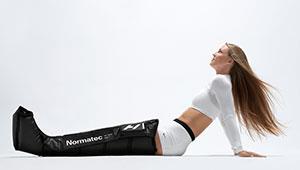
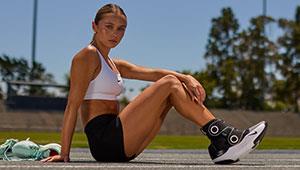

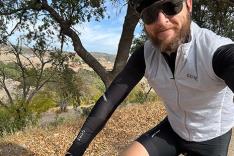
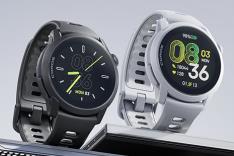

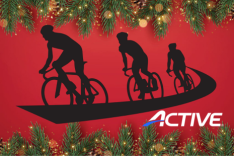

Discuss This Article